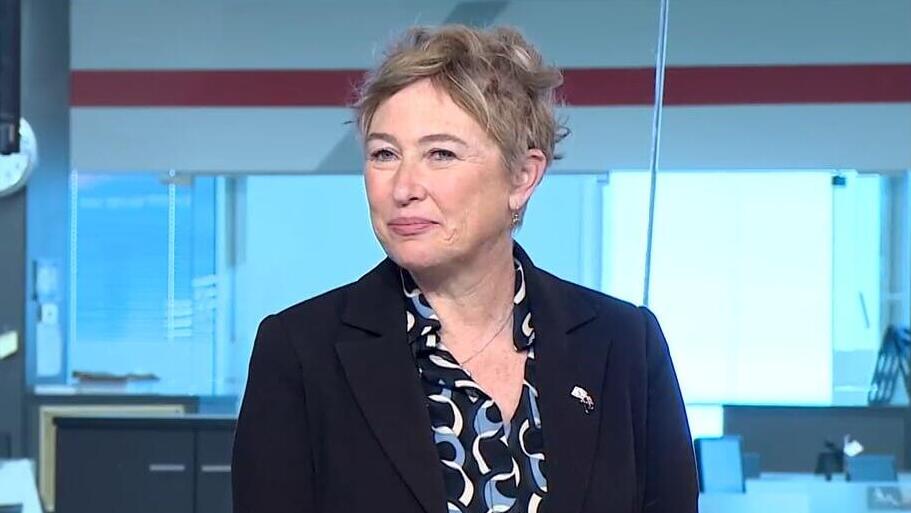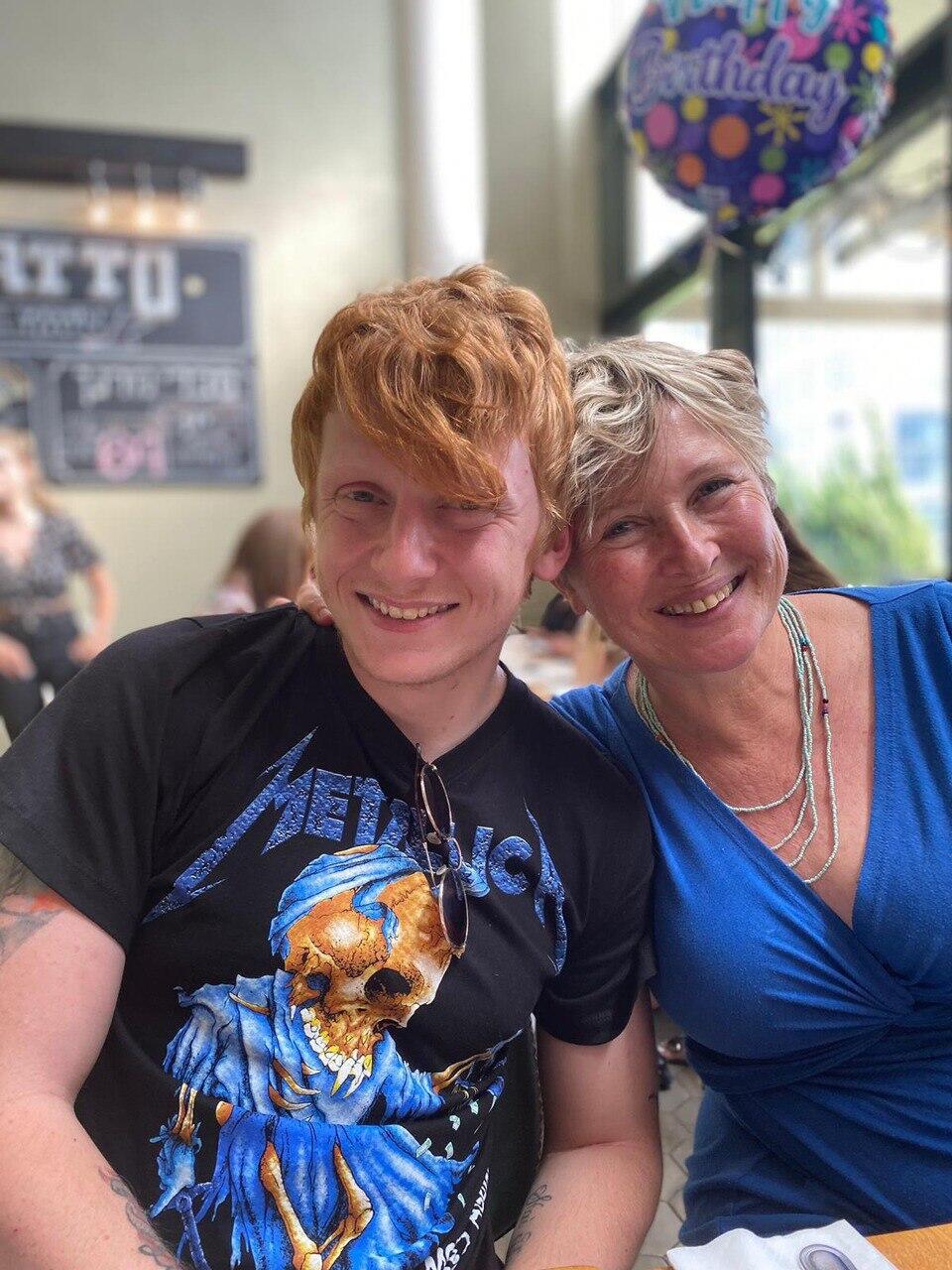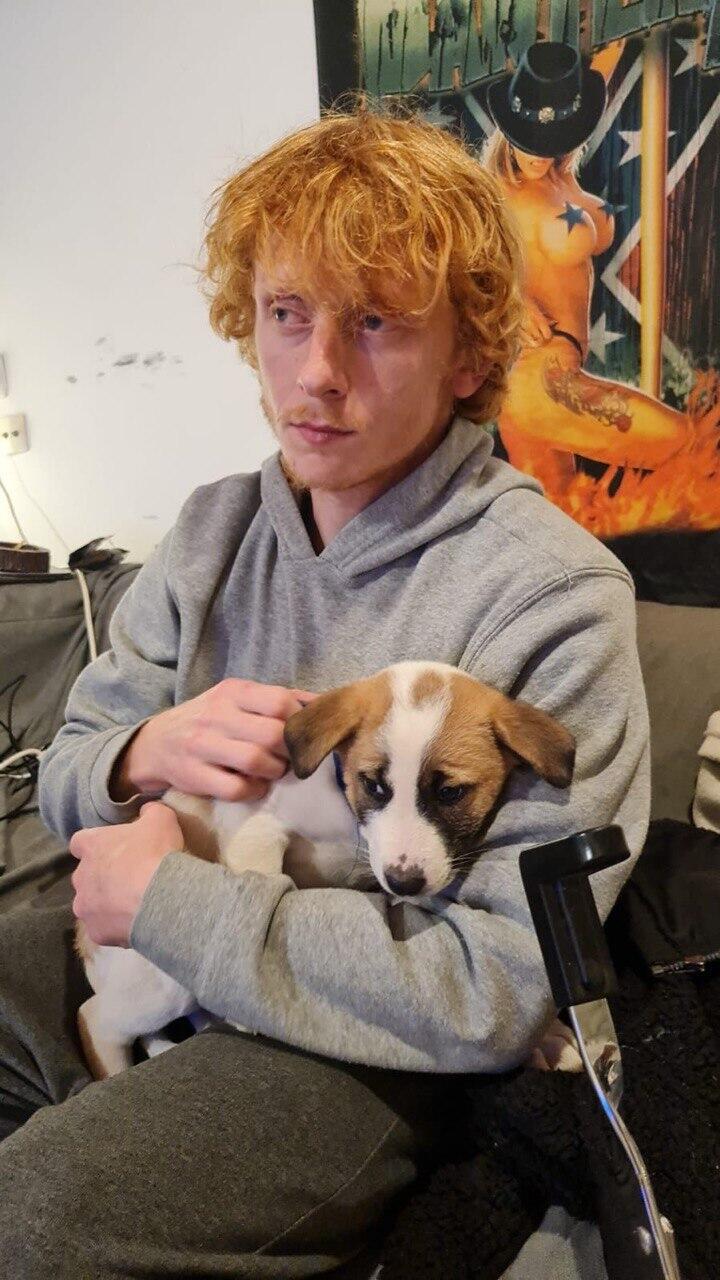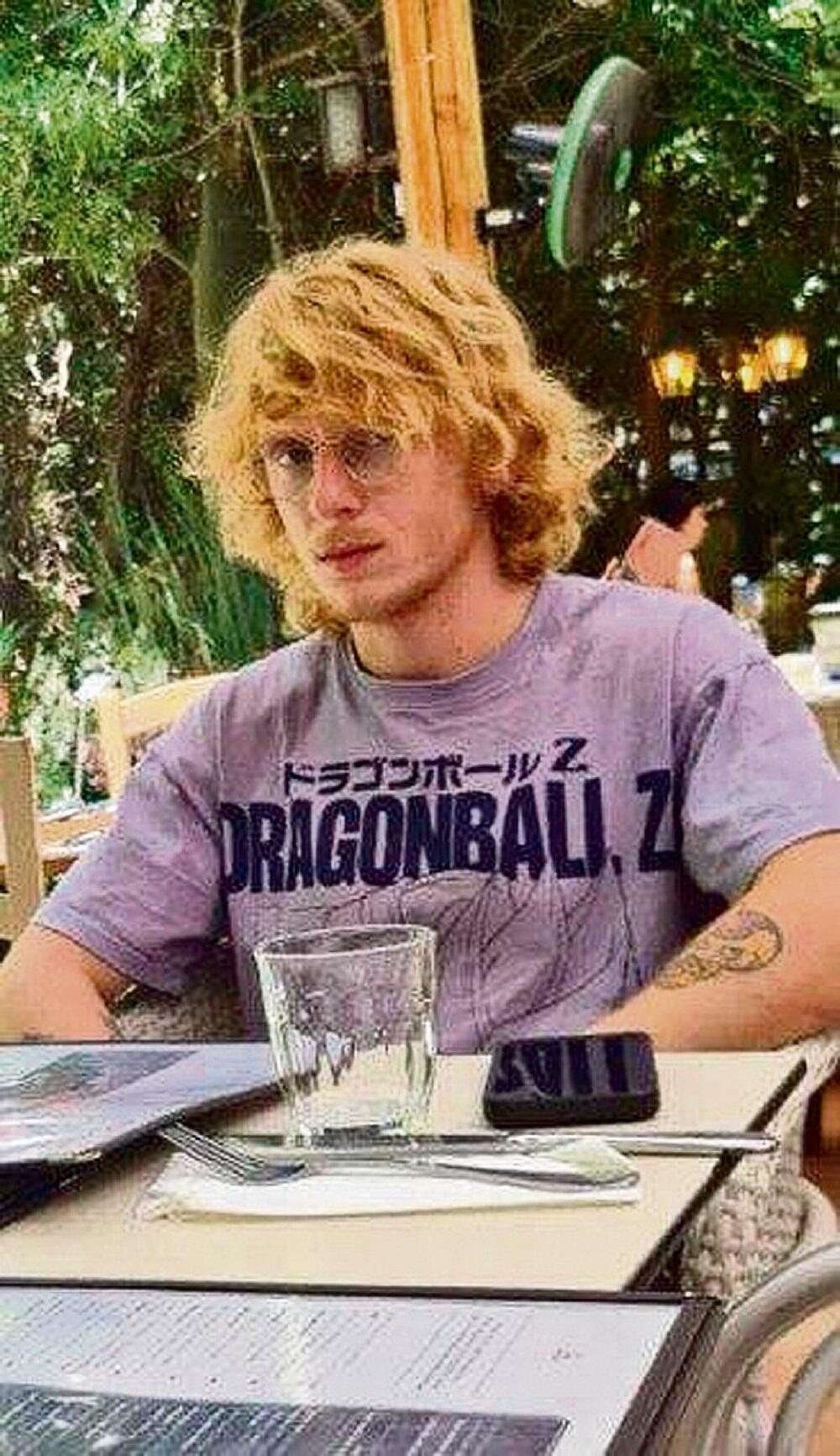Iris Haim, the mother of Israeli hostage Yotam Haim who was mistakenly shot by IDF soldiers operating in Gaza in a friendly fire incident, said that despite the tremendous tragedy, she doesn’t blame anyone in the incident.
More stories:
"There’s no contradiction between the fact that I’m in pain and grieving and the fact that I don't blame anyone in the incident. There’s no one to blame here," she said in an interview with Ynet. "I also don't use the word 'forgive' because you haven't done anything wrong in my eyes. You haven't done anything intentionally, you didn’t mean to cause harm, you didn't mean it."
Iris — who has previously said in a public recording that not only does she not harbor anger toward the soldiers who opened fire at her son, but also embraces them and has invited them to visit her home — explained in the interview that, while anger is a completely normal emotion to feel, she believes it is useless. "The question should be whether it pushes us forward. It doesn't for me, so I don't use it," she said.
Since the tragedy, Iris said she’s trying to positively influence others through her personal story and decided to speak out when her son was still held captive by Hamas, during the initial stages of the IDF’s ground operation in the Gaza Strip.
"Suddenly I realized that soldiers were going to be there, and the implication was that they might also be killed, and unfortunately, I wasn’t mistaken. It was very important for me to place myself and the mothers of the captives, or the hostages in general, along with the soldiers – not as something separate, that somehow makes us, the mothers, as the only ones who mattered in this."
She said she posted a video at that time addressing the mothers of the IDF soldiers: "This video reached many people from different sectors, who heard me addressing all mothers in Israel and saying, You and I are the same.' You’re fighting for my son – but my son is also a part of that, it's not that he or the hostages stand out. I only spoke for myself. I think at this point, people started to want to hear that more."
Iris added that the fact she works as a palliative care nurse – a therapeutic approach aimed at alleviating the suffering of patients with life-threatening conditions – likely helped her cope with the tragedy.
"Every family I accompanied dealt with the hardship of separation and loss. It always hurts, and even if you prepare for death for a year, it’s unbearable to suddenly have our loved one depart. My son was suddenly gone, and everyone has their own coping strategies, it's not something you prepare for," she said. "I was equipped with some capabilities; I didn't study, my life prepared me for it – when I saw that death comes in all sorts of forms, and no one is to blame for it. It just happens."
She did not feel deserted by the government, she said. "I lived in the Eshkol Regional Council for 35 years, and have always said that anyone who feels uneasy here has a choice. Just a few days ago, I had an argument with someone who was doing my nails, and we talked about it. ‘The way they treat us isn’t okay,' she said. I told her. 'Why do you stay if you feel so frustrated? You have a choice; you don't have to stay here.' To continue to stay in a place and constantly feel these frustrating emotions, is also part of someone’s choice. So once again, it's my ability to see things a bit differently. If I felt that my children were developing post-trauma, I certainly wouldn't have stayed. Why would I harm my family?” she said.
“So, personally, I've never felt frustrated in any way, and neither has my family. We live in the Eshkol Regional Council in the same situation we always have. We’re not close to the border fence, but we experienced endless rocket barrages. My husband, who is an agricultural worker, had his fields bombarded, but we never felt abandoned."
Throughout the interview, Iris emphasized her choice to look on the bright side and shared an example. During the shiva (seven-day mourning period in the Jewish faith), rabbis visited her repeatedly, saying, "May you never know more sorrow."
"At some point, I said, 'But sorrow is always there. How can you say I won't know sorrow anymore?' And he said, 'Sorrow isn’t what happens to you; it's how you relate to it.' And that really connected with my choice. It's not easy when I talk to other people. I'm sure people say, ‘But it doesn’t make sense; it can't be.' It's something you work at, that you put effort into. I'm 57; I wasn't born this way. It took years of work, and a decision to see the good."
She showed the necklace she wears, on which it is written, "Believe in seeing the good," which she said she was given by a woman who heard her speaking. "Now we ordered 500 more units from her to give people (necklaces) with a heart saying 'Yotam Haim is in our heart.' I think that as we speak positively, good things grow, and it's not a cliché; it really happens.”
“Our dear Yotam really loved animals and had a delicate connection with them – so I asked people to adopt cats, and people keep sending me pictures of the cats they adopted. It's very touching, and that's how we go through this period, to another place, one that makes you feel more positive."






